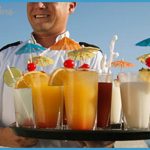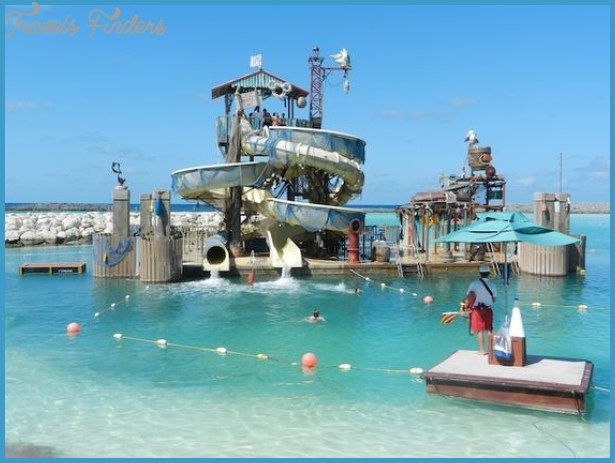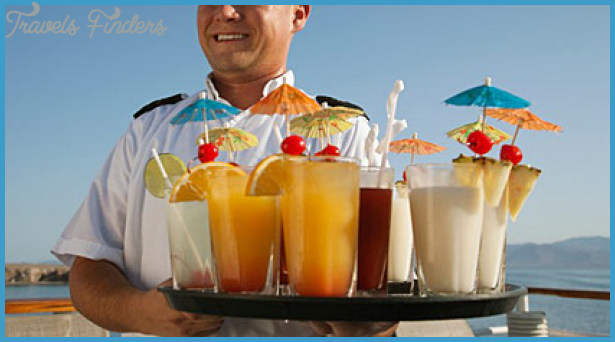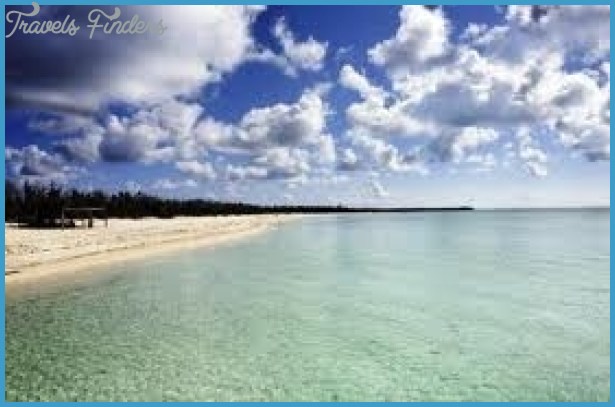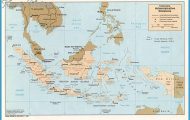Generally speaking, cruise fares covers your accommodations, meals (except for those in specialty restaurants) shipboard entertainment, and most shipboard activities. There are, however, a number of expenses not covered in the typical cruise package, and you should factor these in when planning your vacation budget. Here’s a quick checklist:
Airfare The largest of these costs will undoubtedly be airfare to and from your port of embarkation and debarkation, unless you’re within driving distance of the embarkation and debarkation points. See p. 32 for more on this topic.
On-Shore Accommodations If you think you don’t need a pre-cruise hotel, think again: Unless you live near the port of embarkation, flying in on the day-of embarkation is not a good idea. If anything goes wrong, from flight delays to cancellations to mechanical issues, you can find yourself at-risk of missing the entire cruise. Arrive the day before; you’ll be glad you did. See p. 32 for more on that expense.
Gratuities Tips are typically extra on most lines, with the exception of luxury cruise lines that include them in the cost of your fare. See p. 104 .
Shore Excursions These are rarely included in the cruise fare if you’re on a standard, mass volume cruise line. River boats, expedition lines and luxury cruise lines are starting to offer at least one in most ports of call. Excursion prices also vary depending on your cruise destination; a beach break in the Caribbean can set you back as little as $30 per person, while a flightseeing tour in Alaska can run into the hundreds of dollars. See p. 101 for more on costs.
Drinks Alcohol is typically extra (though river cruise lines and luxury lines like Regent and Silversea include all or most drinks in the cruise fare), as are sodas (with a few exceptions, including Oceania and Disney).
Incidentals Need to do laundry or require babysitting? Those will be extra, sometimes a LOT extra. And then there are such optional splurges as beauty and spa services, wine tastings, dining in alternative restaurants, select fitness classes, fancy ice cream sundaes, and photos taken by ship photographers.
Internet Internet access has historically been incredibly slow and shockingly expensive, but there have been improvements, at least in speed, in recent years. That being said, Viking Cruises offers complimentary Wi-Fi aboard their Viking Star, as do some of the river cruise companies and a few of the luxury lines.
A bottle of wine with dinner will run anywhere from $15 to upwards of $300, though most big-ship lines offer wine packages which can reduce the cost of each bottle (you buy, say, five bottles for a discounted price). There are also packages that offer up inclusive alcoholic drinks beers, wines, spirits and mixed drinks typically up to a certain price point (the most premium spirits or mixed drinks in souvenir glasses will always be extra). Celebrity Cruises, Carnival, Holland America Line, MSC Cruises, Norwegian Cruise Line, and Royal Caribbean all offer alcohol and wine packages. You’ll have to do the math on how much you typically drink in a week in order to figure out if you can imbibe enough to make it worth it. Note: Most lines have made the inclusive alcohol packages mandatory purchases for both guests in the stateroom; unless you’re a heavy drinker, these can get very expensive, very quickly. Tip: Many lines will put a cork in an unfinished bottle of wine at dinner and let you have the rest the next day.
Port Charges, Local Taxes & Fees Every ship has to pay docking fees at each port. Cruise lines are also required to pay local taxes and per-passenger head taxes at many ports of call. Like landing fees airlines have to pay at airports, these can vary from place to place and from one itinerary to another. Transiting the Panama Canal, unsurprisingly, costs cruise lines a lot of money. Port charges, taxes, and other fees are sometimes included in your cruise fare, but not always, and these charges can add on average between $200 and $250 to the price of a 7-day cruise. There can be other fees, too. For example, in Alaska, a $35 per passenger head and berth tax imposed by the State of Alaska and $7 and $8 taxes in Juneau and Ketchikan, respectively, are usually rolled into your cruise fare. Make sure you know whether these fees are included in the cruise fare when you’re comparing rates; most websites and advertisements, by law, are required to list whether port taxes and other charges are included.
Booking Through Travel Agencies vs. Online Travel Agencies vs. Cruise Lines
So how do you book your cruise? Traditionally (meaning over the past 30 years or so), people have booked their cruises through travel agents. But you may be wondering: Hasn’t the traditional, bricks-and-mortar travel agent gone the way of typewriters and eight-track tapes and been replaced by the Internet? Not exactly. Travel agents are alive and kicking, though the Internet has indeed staked its claim alongside them and even knocked some out of business.
But even in this digital age, the vast majority of cruise passengers still book through travel agents. The cruise lines are happy with this system and unlike airlines typically have only a small dedicated reservations staff on-hand to take direct bookings. In some cases, if you try to call a cruise line directly to book your own passage, the line will advise you to contact an agent in your area. The cruise line may even offer a choice of names from its list of preferred agencies (you’ll often find links to preferred agencies on cruise-line websites).
This isn’t a bad thing: A good travel agent can save you both time and money. Booking a cruise is far more complex than booking a stay at a Marriott, or planning a flight to Rome. A cruise has a number of moving parts and decisions that need to be made. You may be the rare type that doesn’t need a travel agent, but most of us including the most experienced cruisers are better off working with one, at least in the complex world of cruising.


